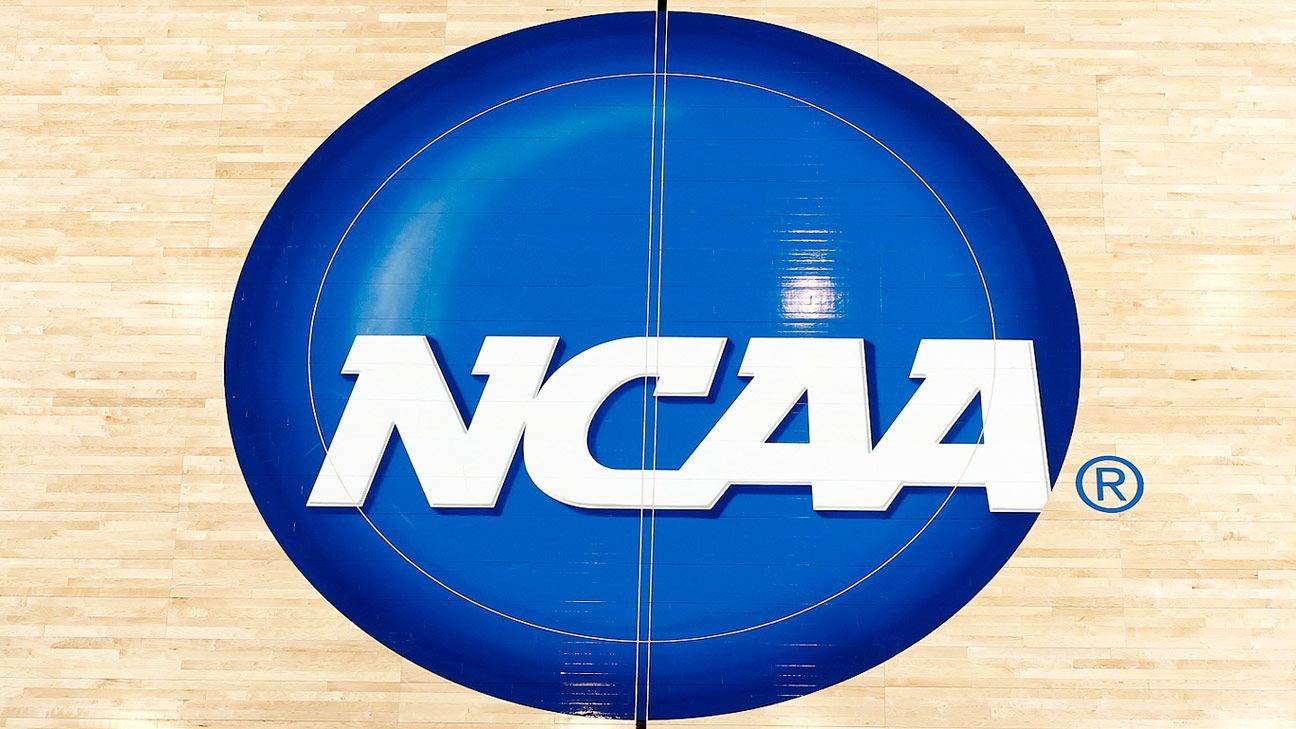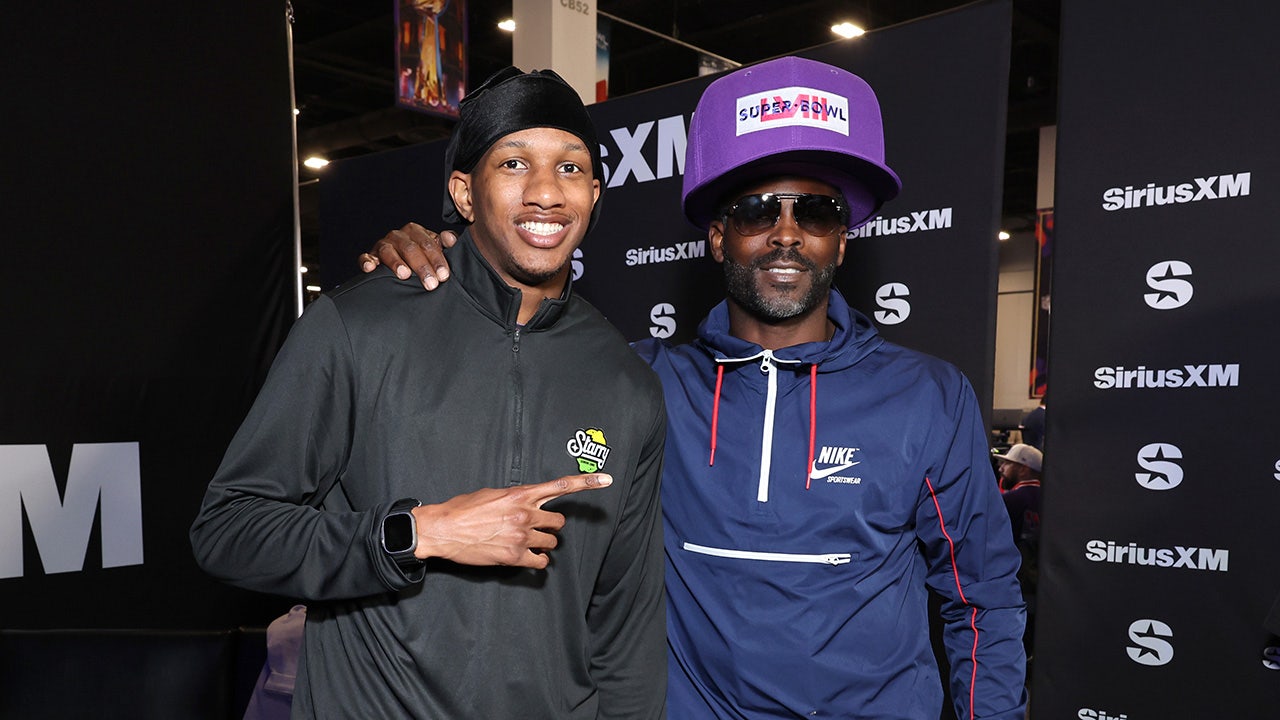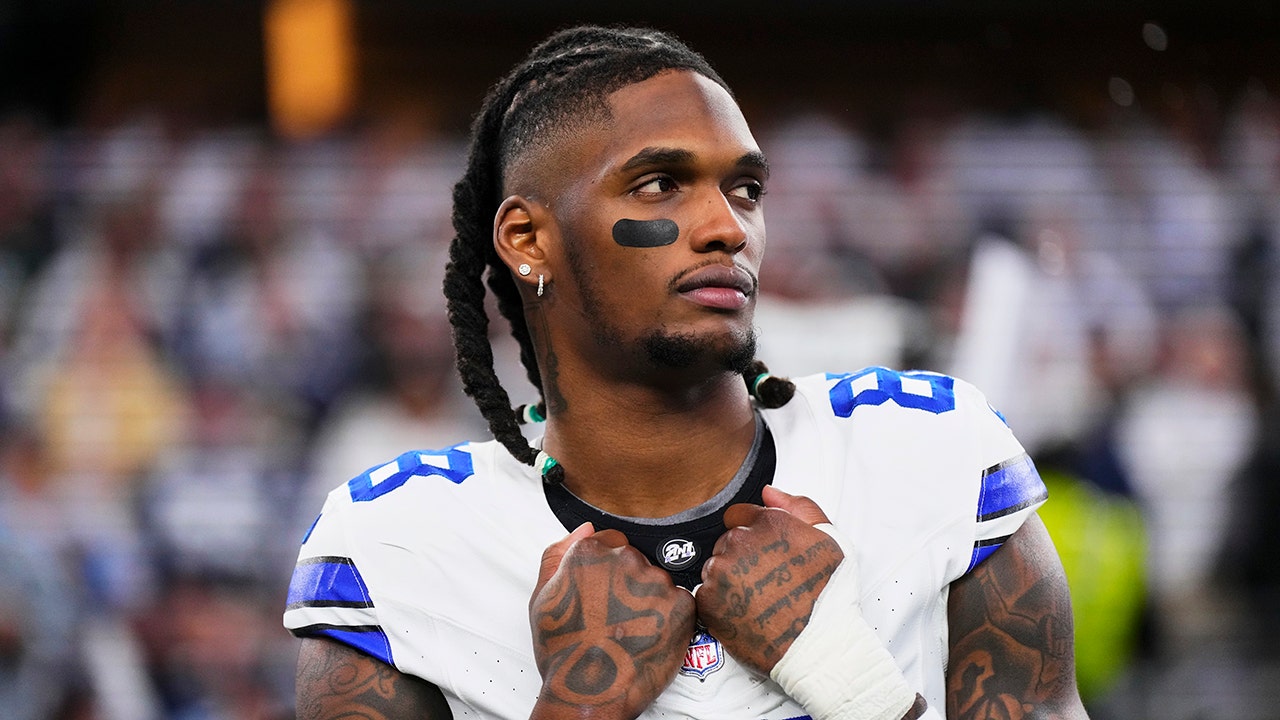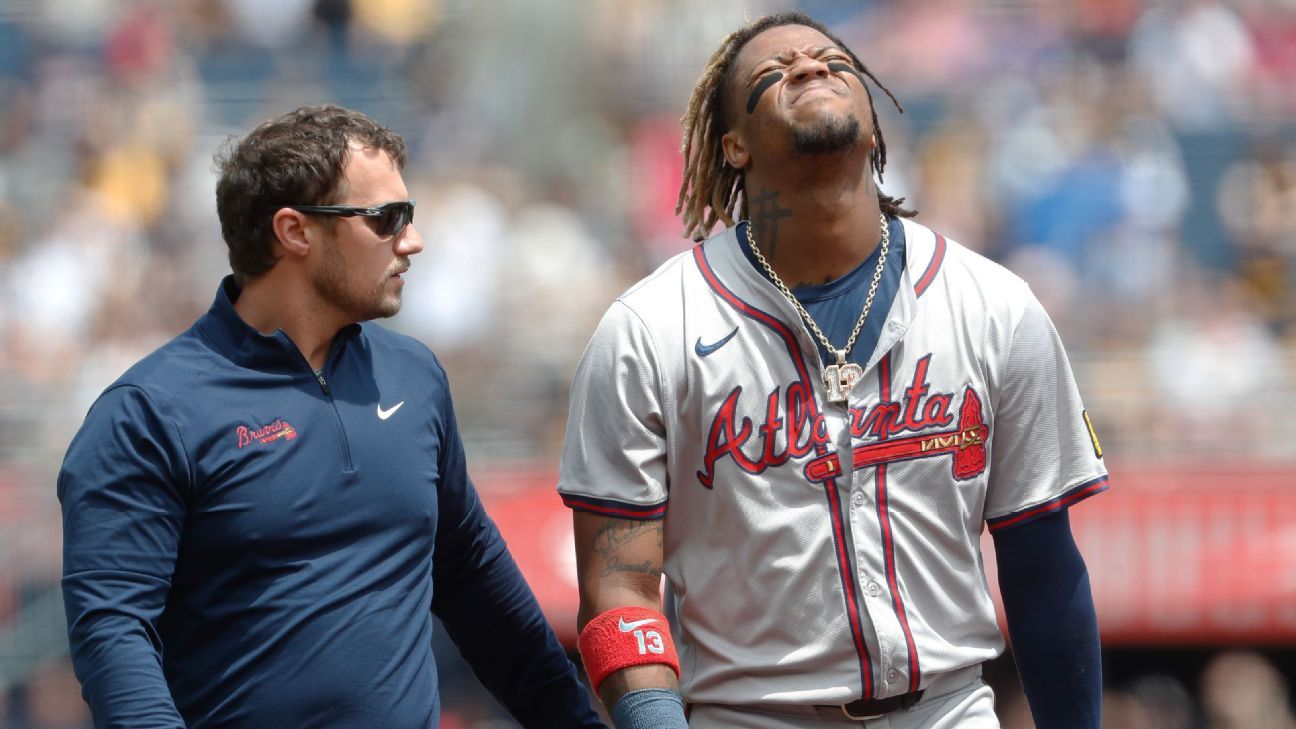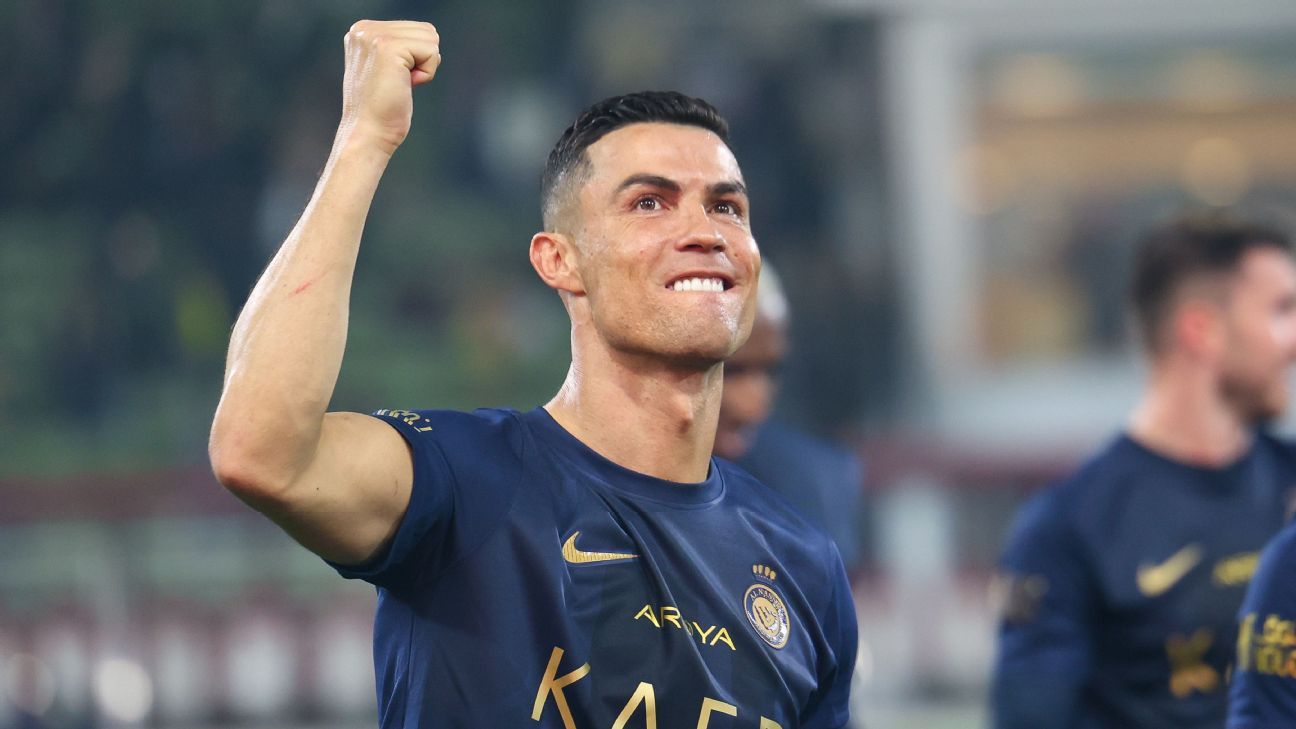PHILADELPHIA — College athletes whose efforts primarily benefit their schools may qualify as employees deserving pay under federal wage and hour laws, a U.S. appeals court ruled Thursday in a setback for the NCAA.
The court, in the latest challenge to the NCAA's long-held notion of amateurism in college sports, said a test should be developed to differentiate between students who play college sports for fun and those whose effort “crosses the legal line into work.”
“If professional athletes are the clearest indicators, then playing sports may indeed constitute gainful employment,” wrote U.S. Circuit Judge L. Felipe Restrepo. “Ultimately, the fundamental question remains whether the cumulative circumstances of the relationship between the athlete and the university or NCAA reveal an economic reality that is that of an employee-employer.”
Judge David J. Porter, in a concurring opinion, questioned the difficulty of such a process, noting that nearly 200,000 students compete on nearly 6,700 Division I teams. The NCAA had hoped to have the case dismissed, but instead will go back to the trial judge to determine the facts.
The ruling follows a 2021 Supreme Court decision that prompted the NCAA to change its rules to allow athletes to profit from their name, image and likeness. In May, the NCAA announced a nearly $2.8 billion revenue-sharing plan that could direct millions of dollars directly to athletes next year.
The current and former Division I athletes behind the Philadelphia lawsuit are seeking more modest hourly wages similar to what their peers in work-study programs earn. They argue that universities are violating fair labor practices by not paying them for the time they spend on their sports, which they say can average 30 or more hours a week.
Attorney Paul McDonald, who represents the plaintiffs, has suggested that athletes could earn $2,000 a month or $10,000 a year for participating in NCAA sports. He said many students need the money for daily expenses.
“This idea that college athletes can't be both students and employees is not correct when you have students working on campus,” McDonald said Thursday. “The idea that athletes don't meet the same criteria as employees is unbelievable.”
A district judge refused to dismiss the case, prompting the Indianapolis-based NCAA to ask the appeals court to block it from going to trial. The three-member panel heard arguments in February.
Those named in the suit include the NCAA and member schools including Duke, Villanova and Oregon. An NCAA spokesman did not immediately respond to messages seeking comment Thursday.
The unanimous Supreme Court decision that gave rise to NIL payments lifted the ban on college compensation beyond full scholarships. Schools that recruit top athletes can now offer tens of thousands of dollars in education-related benefits, such as study abroad programs, computers and graduate scholarships.
“Traditions alone cannot justify the NCAA's decision to build a massive fundraising enterprise on the backs of student-athletes who are not fairly compensated,” Justice Brett Kavanaugh wrote in a 2021 concurring opinion. “The NCAA is not above the law.”
But that case did not resolve whether college athletes are employees entitled to direct pay, the key question before the Third Judicial Circuit panel.
Baylor President Linda Livingstone, speaking at the NCAA convention last year, said such a model would make coaches the bosses of their players.
“Turning student-athletes into employees will have a huge, staggering and potentially catastrophic impact on college sports overall,” said Livingstone, chairman of the NCAA board of governors. “We need Congress to affirm the unique relationship student-athletes have with their universities.”
The relationship has come under increasing scrutiny.
In 2021, a prominent attorney for the National Labor Relations Board said in a memo that college athletes should be treated like school employees.
And players have taken to social media to call for a cut in some of the hundreds of millions of dollars NCAA schools earn from sports, including a campaign on the eve of the 2021 NCAA basketball tournament that carried the hashtag #NotNCAAProperty.
The NCAA, at its convention, compared athletes to students who perform in theater groups, orchestras and other campus activities without pay.
McDonald has said such college groups are run by students, while athletes have their time controlled by their coaches in a manner similar to a job.
“The most monitored kids on any campus are the student-athletes,” he said earlier this year.

